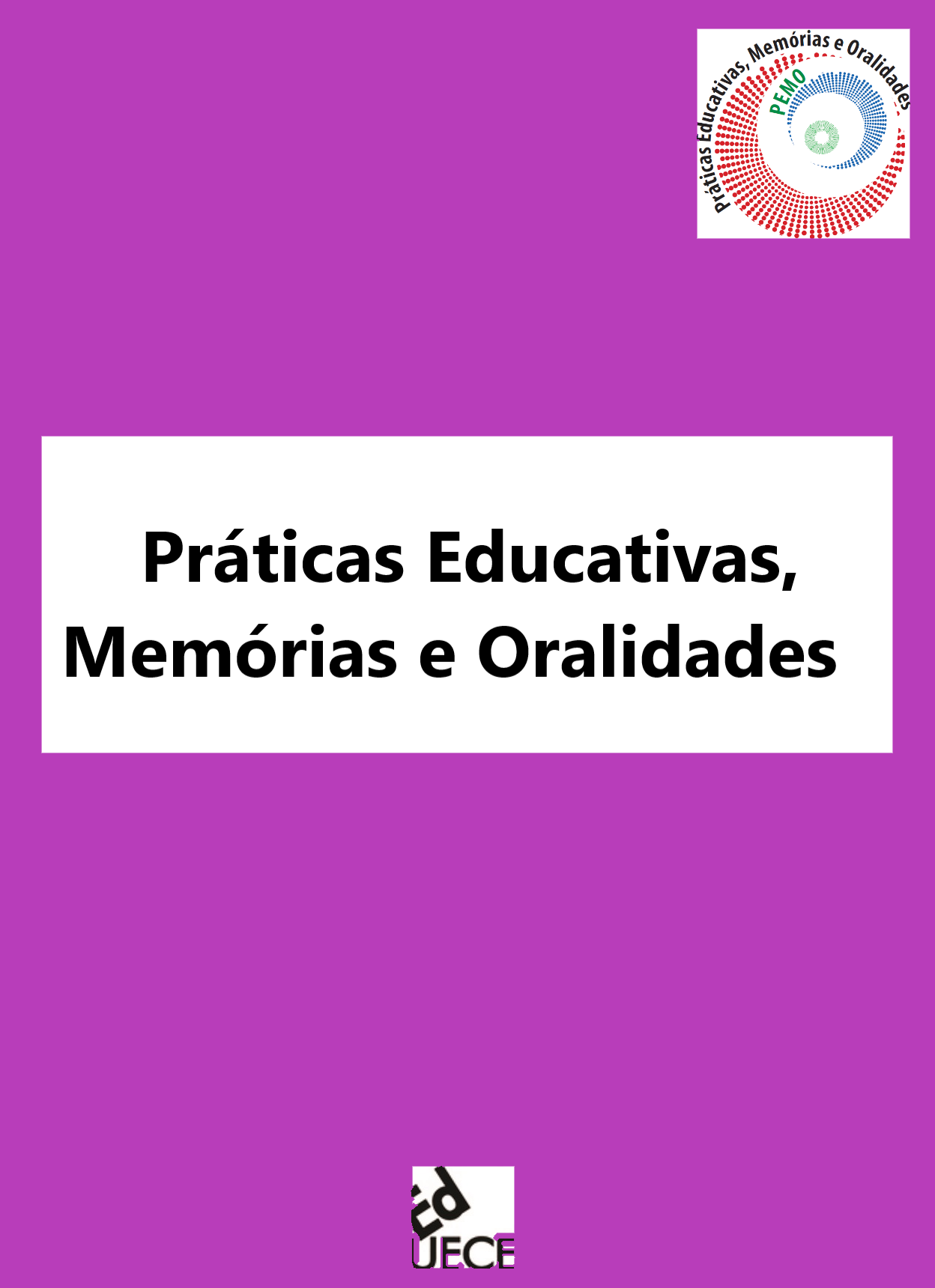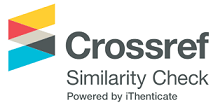Virtual edition of the third week of Africanity: possibilities and challenges
DOI:
https://doi.org/10.47149/pemo.v3i3.5586Keywords:
Africanity, Ethnic diversity, Africanness week, Remote teachingAbstract
The goal of this article is to discuss aspects of the planning of the pedagogical practice “African Week: the mother color of all colors” that took place in October 2020, in a virtual way, in a municipal school on the outskirts of Fortaleza-CE. Although the authors are aware that the Afro-Brazilian theme must be addressed throughout the school year in a transversal way, due to the Covid-19 pandemic situation and social isolation, the activities related to this theme were concentrated in a single month in event format. The event took place in virtual format, through Conferences through the Google Meet application. It was concluded that even in the situation of remote education, it was possible to foster important reflections on the theme, with the participation of managers and teachers from different areas, strengthening the transdisciplinary perspective of the theme.
Downloads
References
BRASIL. Lei nº 11.645, de 10 março de 2008. Altera a Lei no 9.394, de 20 de dezembro de 1996, modificada pela Lei no 10.639, de 9 de janeiro de 2003, que estabelece as diretrizes e bases da educação nacional, para incluir no currículo oficial da rede de ensino a obrigatoriedade da temática “História e Cultura Afro-Brasileira e Indígena”. 2008. Disponível em: http://www.planalto.gov.br/ccivil_03/_ato2007-2010/2008/lei/l11645.htm. Acesso em: 22 nov. 2020.
BRASIL. Lei nº 12.288 de 20 de Julho de 2010. Institui o Estatuto da Igualdade Racial; altera as Leis nos 7.716, de 5 de janeiro de 1989, 9.029, de 13 de abril de 1995, 7.347, de 24 de julho de 1985, e 10.778, de 24 de novembro de 2003. 2010. Disponível em: https://presrepublica.jusbrasil.com.br/legislacao/823981/estatuto-da-igualdade-racial-lei-12288-10. Acesso em: 22 nov. 2020.
BRASIL. Temas Contemporâneos Transversais na BNCC: Contexto histórico e pressupostos pedagógicos. 2019. Disponível em: http://basenacionalcomum.mec.gov.br/images/implementacao/contextualizacao_temas_contemporaneos.pdf. Acesso em: 05 set. 2020.
COSTA, M. A. A. da; SOUZA, D. da S.; SILVA, F. M. C. da. Práticas educativas e sociais realizadas pelo NUAFRO. Práticas Educativas, Memórias e Oralidades - Rev. Pemo, [S. l.], v. 2, n. 3, p. e233664, 2021. DOI: 10.47149/pemo.v2i3.3664. Disponível em: https://revistas.uece.br/index.php/revpemo/article/view/3664. Acesso em: 26 mar. 2021.
GIL, A. C. Métodos e técnicas de pesquisa social. 6. ed. São Paulo: Atlas, 2008. 200 p.
GOMES, L. Escravidão: Do primeiro leilão de cativos em Portugal até a morte de Zumbi dos Palmares. Vol. I, 1 Ed., Rio de Janeiro: Globo Livros, 2019.
MINAYO, M. C. S. O desafio da pesquisa social. In: MINAYO, M.C.S (Org.); DESLANDES, S. F.; GOMES, R. Pesquisa Social: teoria, método e criatividade. 34 ed. Petrópolis: Vozes, 2015. Cap. 1, p. 9-29.
NAÇÕES UNIDAS. Declaração Universal dos Direitos Humanos. Adotada e proclamada pela Assembleia Geral das Nações Unidas (resolução 217 A III) em 10 de dezembro 1948. 1948. Disponível em: https://www.unicef.org/brazil/declaracao-universal-dos-direitos-humanos. Acesso em: 04 nov. 2020.
SANTOS, W. N.; DANTAS JUNIOR, H. S.; ZOBOLI, F. Cinema, educação e africanidades: a memória no documentário “Caixa d’água qui-lombo é esse?”. Educação & Formação, [S. l.], v. 5, n. 3, p. e2508, 2020. DOI: 10.25053/redufor.v5i15set/dez.2508. Disponível em: https://revistas.uece.br/index.php/redufor/article/view/2508. Acesso em: 26 mar. 2021.
SCHWARCZ, L. M. Sobre o autoritarismo brasileiro. São Paulo: Companhia das Letras, 2019.
Published
How to Cite
Issue
Section
License
Copyright (c) 2021 Paulo Ferreira dos Santos Filho, Raquel Sales Miranda

This work is licensed under a Creative Commons Attribution 4.0 International License.













